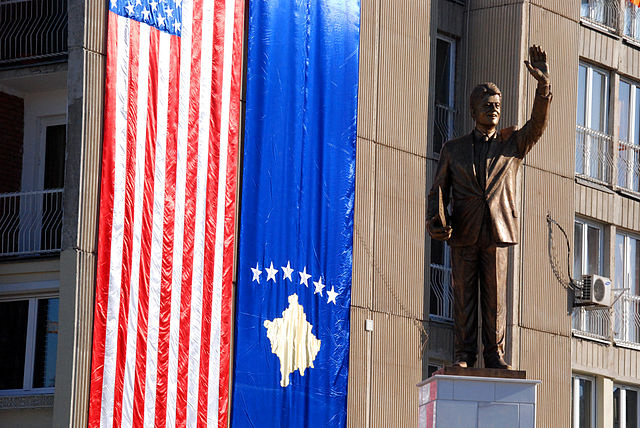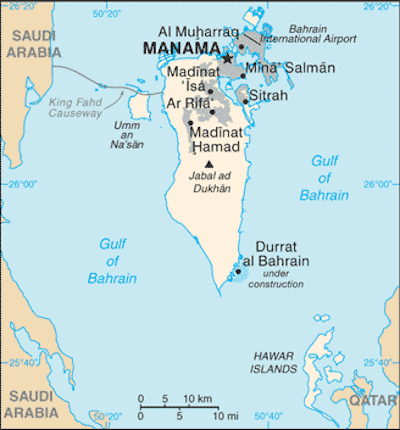Since the 19th century, various leaders and groups across North Africa, East Africa, and the Middle East have attempted to establish brand new states with Islamist theocratic and expansionist governments. This tradition merely continues today with organizations acting in the vein of ISIS and several others today as well as a few rapidly derailed others in recent years. These efforts have fallen apart pretty easily every time, as discussed in a New York Times op-ed by David Motadel, a University of Cambridge historian, who has studied these movements.
They are formed in response to crisis, civil war, state failure, anti-colonialism, or some combination. They progress from rebel force seizing territory to seeking to establish states to expand their military capacities (via revenue collection and such), but then they make themselves into highly visible (and attackable) fixed targets, and they inevitably prove inept at governance, resulting in a rapid loss of popular support. Here’s one of several examples provided:
Equally short lived was the Mahdist state in Sudan, lasting from the early 1880s to the late 1890s. Led by the self-proclaimed Mahdi (“redeemer”) Muhammad Ahmad, the movement called for jihad against their Egyptian-Ottoman rulers and their British overlords, and it established state structures, including a telegraph network, weapon factories and a propaganda apparatus. The rebels banned smoking, alcohol and dancing and persecuted religious minorities.
But the state was unable to provide stable institutions, and the economy collapsed; half of the population died from famine, disease and violence before the British Army, supported by Egyptians, crushed the regime in a bloody campaign, events chronicled in “The River War” by the young Winston Churchill, who served as an officer in Sudan.
I think probably the only example of a surviving anti-colonial Islamist theocracy is Iran after 1979, which isn’t discussed in the article. But that’s because there’s not much similarity, despite the apparent end game. The Iranian radicals seized complete political power in a defined, pre-existing country with an existing and functioning state. There wasn’t a huge external crisis or war happening at the time, and they didn’t have to fight their way into power with a full-scale rebellion or insurgency. Moreover, the Iranian revolutionaries immediately turned the engine of the state (albeit with heavy purging of old regime loyalists) toward populist provision of services. And then they were soon invaded by Saddam Hussein, which helped mobilize the population for a patriotic defense against him, thus further securing the continuance of the new government in the state. In other words, the Iranians came to power very differently from how groups in the mold ISIS have tried to establish state authority, and they did everything they needed to so that they would be on a durable footing.
ISIS may be more tech-savvy and one of the best armed of these groups over the course of more than a century — though they’re also facing modern armed forces and not 19th century French infantry — but they have already shown themselves to be repeating the same patterns that led to the collapse of the prior efforts. You can alienate the people some of the time, if you provide food and services, but you can’t provide that without risking external attacks (like we’ve been seeing) or else a demonstration of gross incompetence in governing…and you can’t stop providing those things and continue alienating the people, without falling from power.
As Motadel observes near the end of his column: Read more





